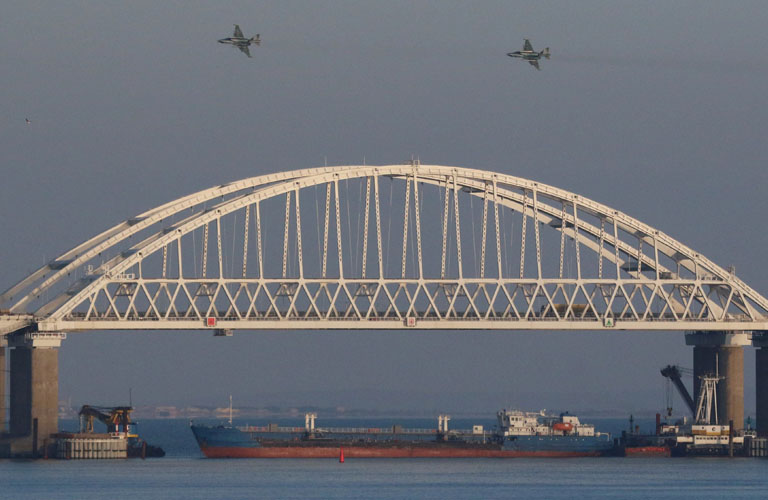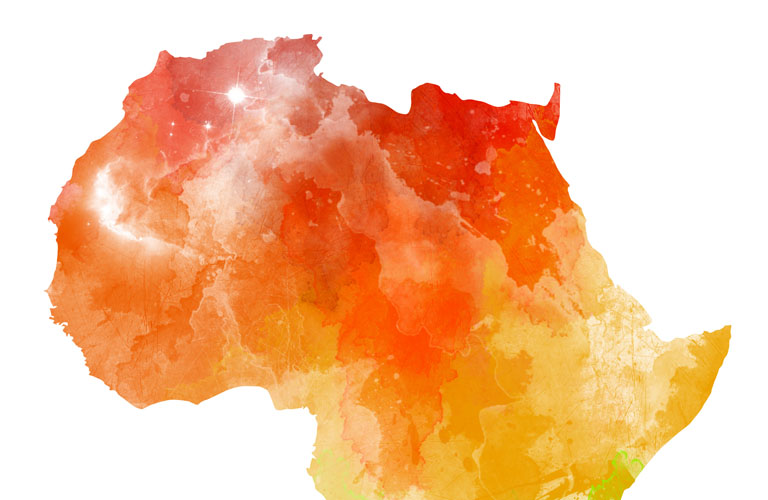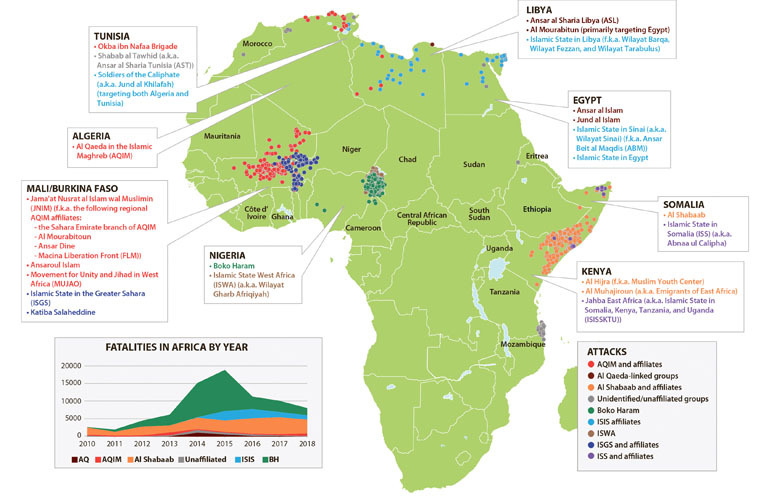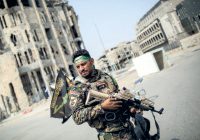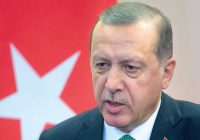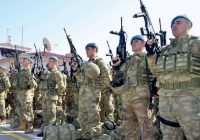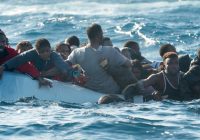France’s former minister of defense and current minister of foreign affairs, Jean-Yves Le Drian, takes very seriously the threats currently destabilizing the Sahel, especially since the intervention in Mali by French troops in January 2013. He co-organizes the annual Dakar International Forum on Peace and Security in Africa. At the most recent forum, on Nov. 6, 2018, he declared: “Cybersecurity is a priority in the fight against terrorism.”
This echoed …

